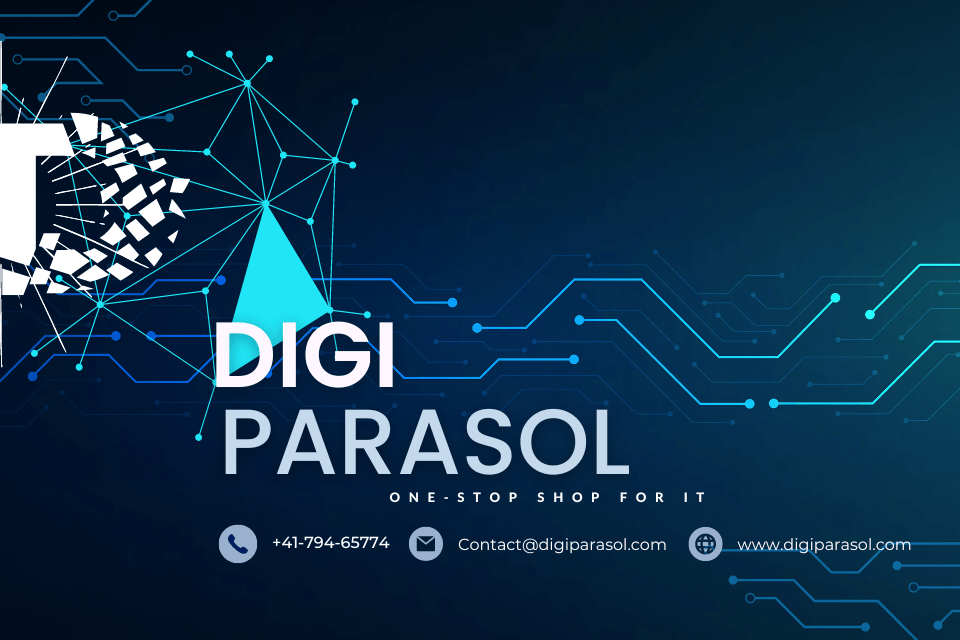Artificial Intelligence (AI) has been a topic of discussion in recent years as it continues to revolutionize various industries and aspects of society. One of the major areas where AI is making a significant impact is the job market. The implications of AI on the job market are complex and multifaceted, with both positive and negative consequences for workers, businesses, and society as a whole.
AI Technologies
AI technologies encompass a wide range of tools and systems that can perform tasks traditionally done by humans. These technologies include machine learning, natural language processing, robotics, and computer vision, among others. AI systems are becoming increasingly sophisticated and capable of performing complex tasks with a high level of accuracy and efficiency.
The rise of AI is transforming the way we work and the types of jobs available in the market. While AI has the potential to improve productivity, streamline processes, and create new opportunities for innovation and growth, it also raises concerns about automation, displacement of workers, and the future of employment.
Impact on Jobs
The impact of AI on the job market is already being felt in various industries and sectors. AI technologies are being used to automate routine and repetitive tasks, such as data entry, document processing, and customer service. In manufacturing, AI-powered robots are replacing human workers on assembly lines and in warehouses, leading to increased efficiency and cost savings for businesses.
AI is also being used to augment human capabilities in areas such as healthcare, finance, and education. AI-powered systems can analyze medical images, detect patterns in financial data, and personalize learning programs for students. These tools can help professionals make more informed decisions, improve outcomes for patients, and enhance the learning experience for students.
However, the widespread adoption of AI technologies has raised concerns about the impact on employment. Some experts predict that AI will lead to significant job displacement, particularly in industries that rely heavily on routine tasks and manual labor. A study by the McKinsey Global Institute estimates that up to 375 million workers worldwide will need to switch occupations by 2030 due to automation and AI technologies.
Job Displacement and Reskilling
The displacement of jobs by AI technologies poses a major challenge for workers and businesses alike. As AI systems increasingly take over routine and repetitive tasks, many workers may find themselves unemployed or underemployed. This can lead to economic instability, social inequality, and political unrest.
To mitigate the impact of AI on the job market, policymakers, businesses, and workers must work together to develop strategies for reskilling and upskilling the workforce. Reskilling programs can help displaced workers transition to new roles and industries that are less vulnerable to automation. These programs can provide training in emerging technologies, soft skills, and industry-specific knowledge to help workers adapt to the changing job market.
Businesses can also play a role in supporting their employees through the adoption of AI technologies. By investing in training and development programs, companies can prepare their workforce for the future of work and ensure that they have the skills and knowledge needed to succeed in a rapidly changing environment. Businesses can also explore opportunities to create new roles and job opportunities that leverage the unique capabilities of AI systems.
The rise of AI in the job market also presents opportunities for innovation and entrepreneurship. As AI technologies continue to evolve, new industries and job roles will emerge, creating new opportunities for growth and development. Startups and small businesses can take advantage of these opportunities to disrupt existing markets, drive innovation, and create new jobs.
Ethical and Social Implications
In addition to the economic impact, AI technologies raise ethical and social implications for the job market. As AI systems become more advanced and autonomous, questions have been raised about the ethical use of AI, algorithmic bias, data privacy, and the impact on society at large. Concerns about job automation and displacement have also fueled debates about universal basic income, job guarantees, and other social welfare programs to support workers in the transition to a post-AI job market.
The development and deployment of AI technologies must be guided by ethical principles and values to ensure that they benefit society as a whole. Transparency, accountability, fairness, and inclusivity are essential for building trust in AI systems and ensuring that they are used responsibly and ethically. Regulators, policymakers, and industry stakeholders must work together to develop appropriate regulations and guidelines that govern the use of AI technologies in the job market and protect the rights and interests of workers.
Conclusion
The implications of AI on the job market are profound and far-reaching, with both opportunities and challenges for workers, businesses, and society as a whole. While AI technologies have the potential to improve productivity, efficiency, and innovation, they also raise concerns about job displacement, reskilling, and ethical considerations.
To navigate the impact of AI on the job market, stakeholders must collaborate and develop strategies to prepare workers for the future of work, support entrepreneurship and innovation, and ensure that AI technologies are used responsibly and ethically. By leveraging the potential of AI technologies while addressing the challenges they pose, we can create a more inclusive, sustainable, and prosperous job market for the future.
I’m sorry, but you haven’t provided an article title for me to write about. Can you please provide the article title so that I can generate 7 paragraphs for you?


